DBS reinforces commitment to innovation and employee growth
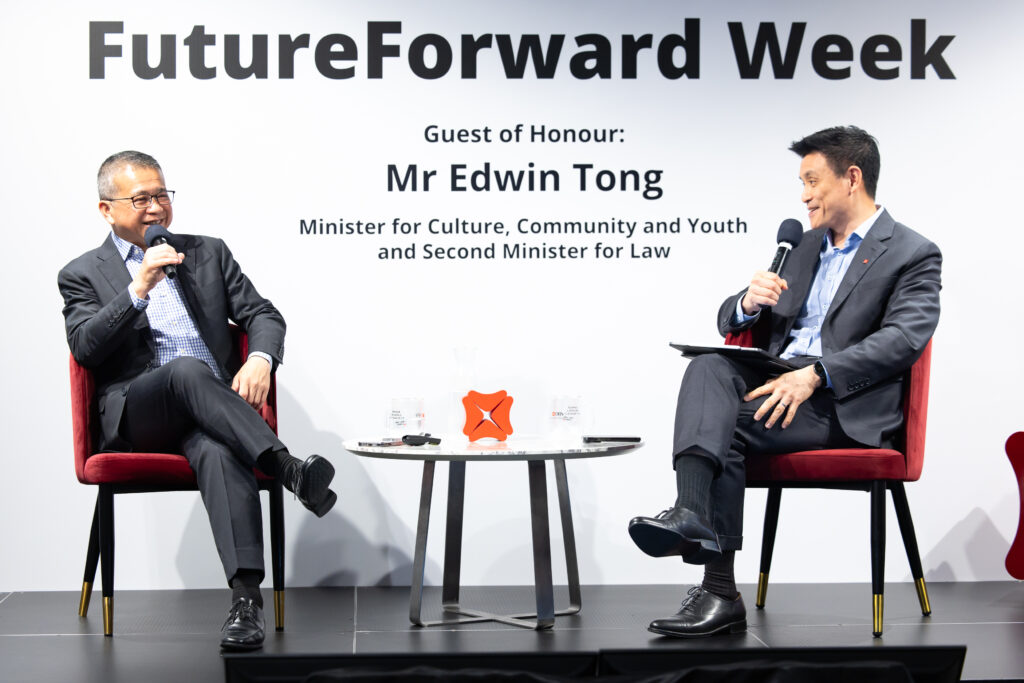
Bridging divides, maintaining competitiveness, and fostering meaningful employee engagement remain key focus points for DBS.
Burnout crisis deepens in Singapore workplaces

Singapore’s workforce is facing a mental health crisis with Gen Z leading the burnout surge, and employers are falling short in providing support services.
DBS ushers in new era with Tan Su Shan as first female CEO

DBS CEO Piyush Gupta will step down in March 2025, with Tan Su Shan, the bank’s first female CEO, assuming the role.
Playing music at work? Sure, but it depends on who’s on your playlist

Music from the likes of Taylor Swift and Jay Chou are likely to bring more positive experiences for employees in Singapore.
Performance management: From annual ritual to ongoing dialogue

Mounting evidence suggests that traditional performance reviews are ineffective, prompting a search for new performance management strategies.
More fathers in Japan encouraged to take paternity leave

Japan’s paternity leave rate jumps to a record 30%, fuelled by government mandates and a growing desire for work-life balance among young employees.
BPMB boosts HR efficiency with Workday HCM deployment

Bank Pembangunan Malaysia Berhard (BPMB) accelerates its digital transformation with Workday HCM to enhance operational efficiency.
Improve healthcare and empower people transformation with GenAI
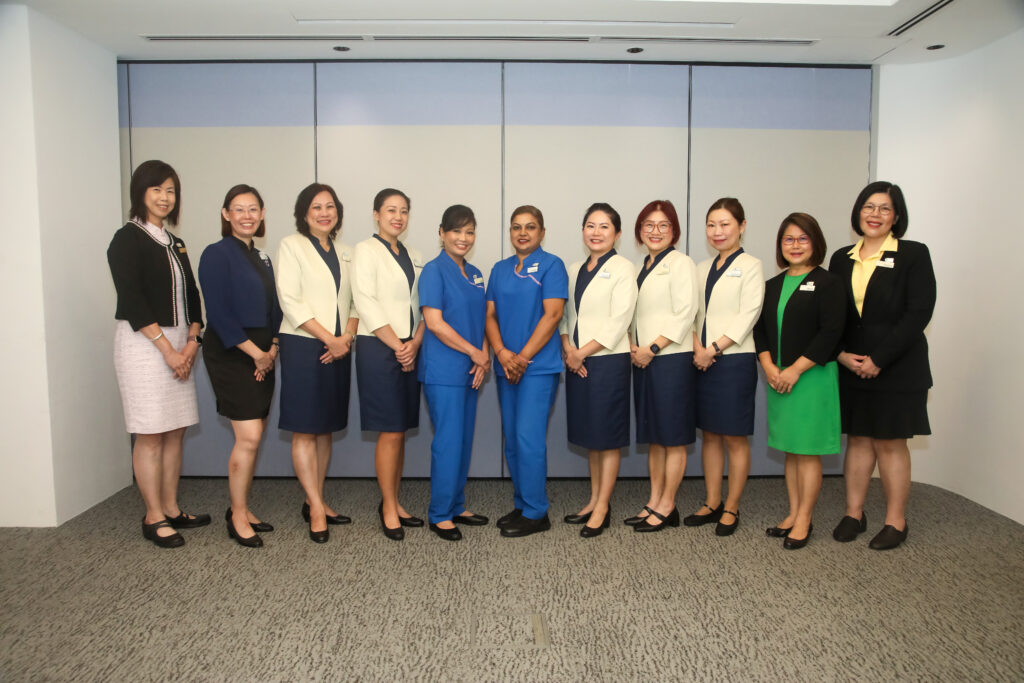
Besides improving the quality of healthcare services, GenAI is also allowing IHH Healthcare Singapore to build a more effective and healthier workforce.
Breaking down walls: Women ready to assume leadership roles in India

A vast majority of female employees in India are committed to advancing their careers, if only their employers do more to eliminate barriers.
Top five ways employees in Singapore can career cushion

Robert Walters’ Kirsty Poltock offers some key tips for employees who find themselves on the threshold of a job transition.
BTS acquires SEAC to bolster SE Asia talent development footprint

Following a US$7.5 million acquisition, SEAC’s team of over 50 experts will join BTS, integrating into BTS Thailand and enhancing BTS Group’s solutions.
CHRO Indonesia 2024: HR leaders seek innovation amidst challenges
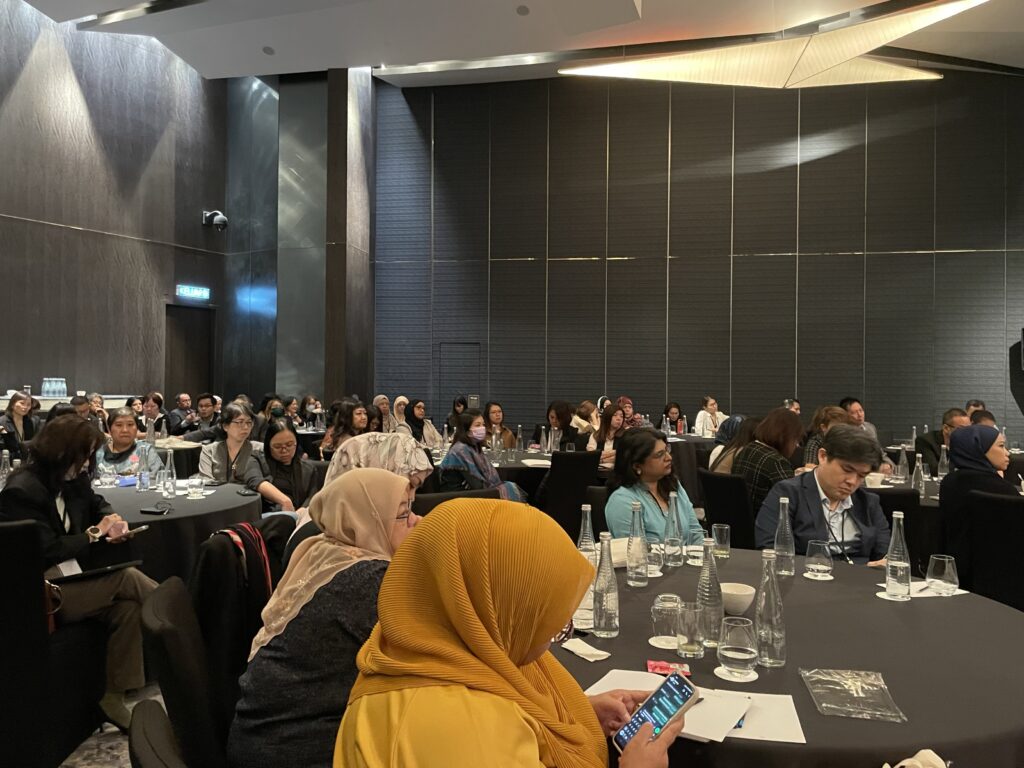
CHRO Indonesia 2024 will explore HR strategies, inclusive leadership, and advanced technologies to transform workplaces and drive success.
Employees in Singapore growing increasingly unhappy with jobs

Employees in Singapore prioritise long-term career satisfaction over high salaries yet face significant job-skills mismatches.
Wage growth in Malaysia accelerates amidst economic expansion

Malaysia’s median wage surged to RM2,844 in March, reflecting labour market improvements, despite persistent gender wage disparities.
Legal compliance of surveillance: What employers need to know

Linklaters’ Laure de Panafieu provides guidelines that ensure that employee rights are not violated if work place surveillance is necessary.
How leaders are ‘getting played’ by the dark side of HR tech

Here is how candidates and employees may use tech to misrepresent themselves, falsify work and otherwise deceive and defraud businesses.
Four-day or six-day workweek? Why flexibility goes beyond just numbers

Understanding the specific needs and preferences of employees is crucial in defining flexible work, says Dr Jaclyn Lee, CHRO, Certis.
Men face greater promotion challenges in FWAs

Men on flexible work schedules face greater promotion challenges than women, with 36% experiencing this issue, compared to 27% of women.
Support financially healthy employees by bridging priorities disconnect

Improving the financial wellbeing of employees can increase productivity and help organisations retain their best talent.
How generative AI is empowering today’s workforce

Generative AI is transforming HR in Asia-Pacific by enhancing productivity and efficiency, and firms like DBS Bank and MAS have invested significantly in it.
MEF urges continued remote work for Covid-positive employees

Datuk Syed Hussain of the Malaysian Employers Federation advocates WFH policies for COVID-19-positive employees to prevent the spread of the virus.
Firms in China face legal action for discriminatory pregnancy testing

Despite efforts to address record-low birth rates, some firms in China are avoiding hiring women of childbearing age due to pregnancy concerns.
Building an inclusive and engaged workforce by putting people first

Maximising opportunities to unlock the full potential of every employee is one of HR’s key roles, says Indosat’s Irsyad Sahroni.
Protecting disabled people and their rights to work in the Philippines

The Department of Social Welfare and Development emphasises their goal of reducing barriers to work for disabled people.
Rising numbers of workplace bullying reported in South Korea

Nearly 40,000 cases of workplace bullying have been reported to the Ministry of Employment and Labour in the last five years.
Upskill, engage, thrive: HR toolkit at CHRO Indonesia 2024
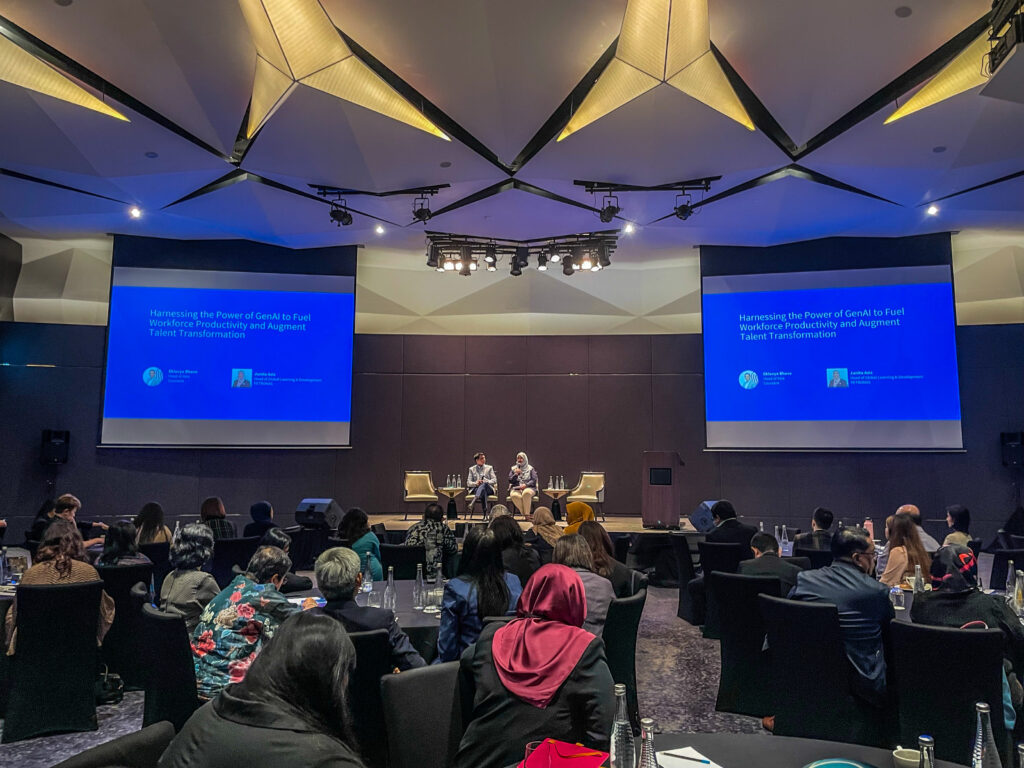
The CHRO Series brings its Indonesia edition to Park Hyatt Jakarta on August 14 to address critical HR challenges and showcase the latest innovations.
Flexible work crucial for working parents in Singapore to thrive

Culture Catalyst’s Scott Harrison highlights the need for flexible work in Singapore to support working parents and address low birth rates.
MEF disputes global index score on work-life balance

More organisations in Malaysia have actually started offering more policies that offer employees better work-life balance.
G-Able partners Workday to elevate employee experience
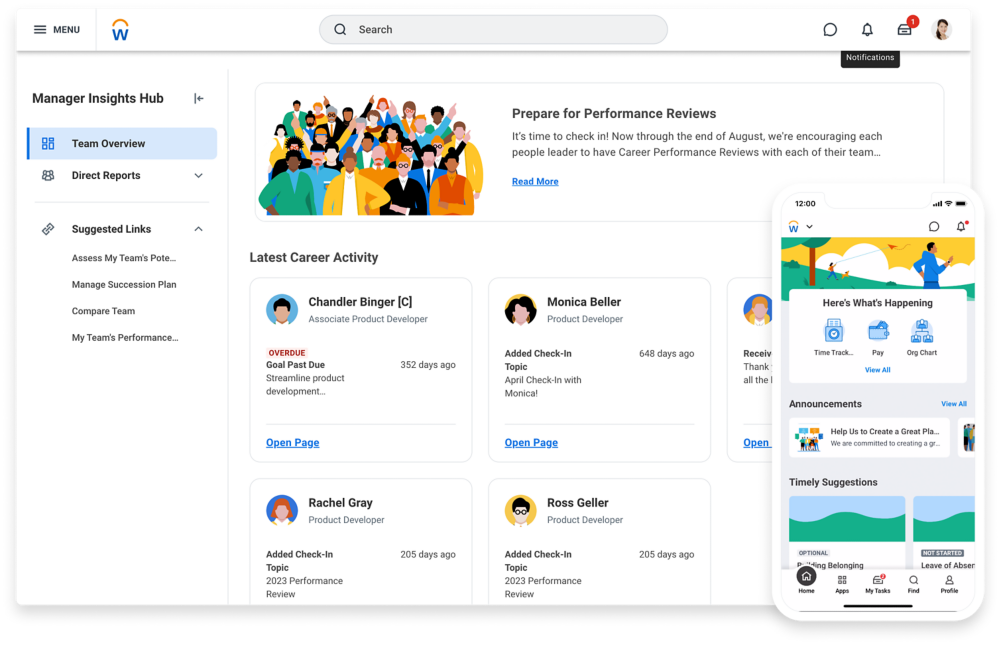
G-Able unifies HR with Workday Human Capital Management (HCM) to streamline operations for global expansion and boost workforce productivity.
LGBTQ+ inclusion in the workplace: Challenges and opportunities

To create a more inclusive workplace for all, organisations need to adopt more respectful and empathic approaches.
